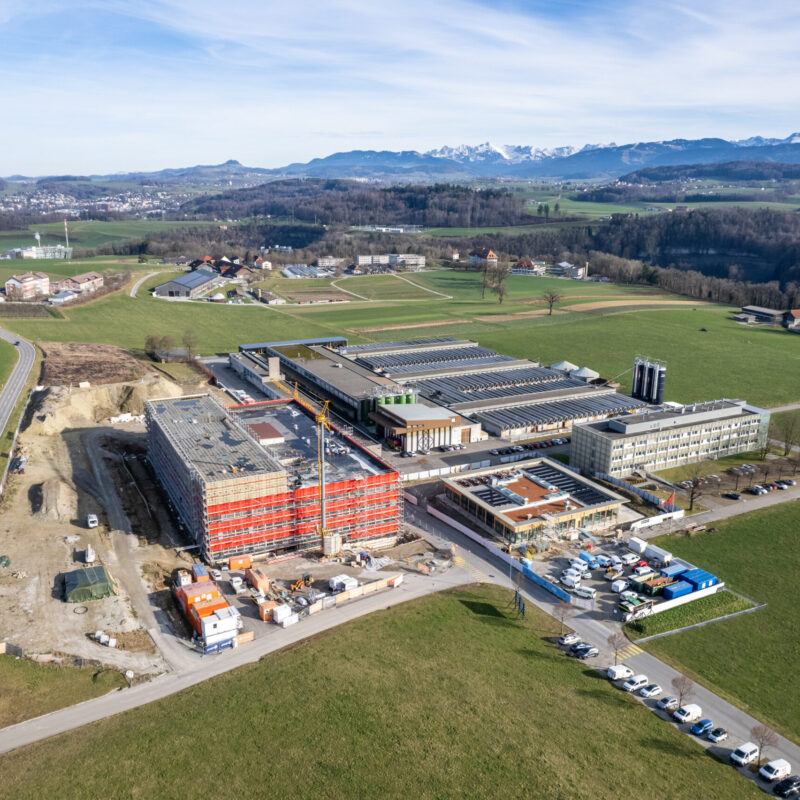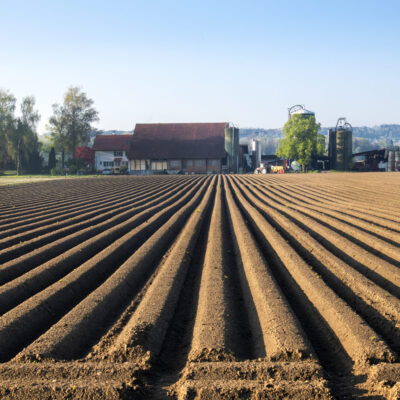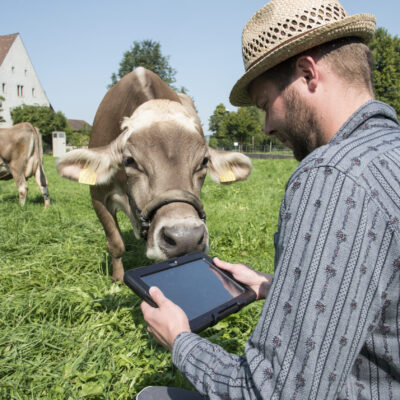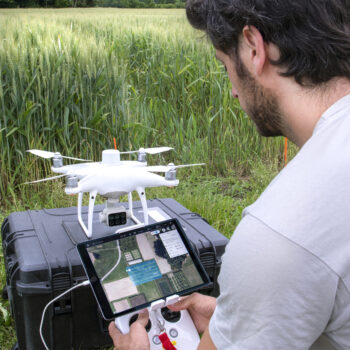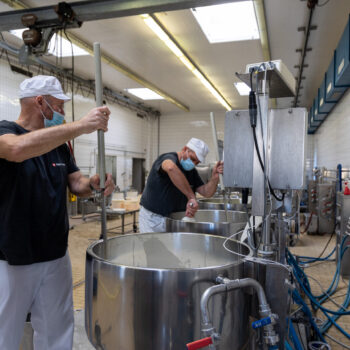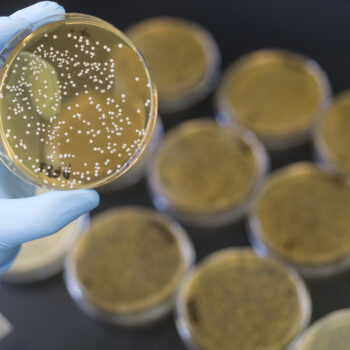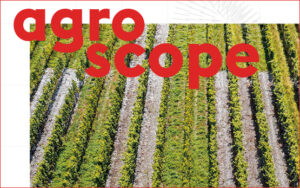RESEARCHING TOGETHER FOR THE FUTURE
0 Employees
0 Full-time posts
0 % women
0 Trainees
0 Interns
0 PhD candidates
0 Postdocs
PRACTICE-ORIENTED APPLIED RESEARCH FOR THE AGRICULTURE AND FOOD SECTOR
CHALLENGES
SUCCESS STORIES
PRODUCING ENOUGH GRASS FOR LIVESTOCK DESPITE DROUGHT
Even in a changing climate, Switzerland – a country of grassland – needs productive meadows and pastures. Selected clover-grass mixtures provide good yields, and hence sufficient basic ration for our livestock, even under drought conditions.
More on this
BREEDING ROBUST VARIETIES: DIVICO AND DIVONA
A prizewinning wine with a seductive bouquet.
The grapevine is resistant to grey mould as well as powdery and downy mildew, is suitable for numerous soils and climate zones, and regularly produces average yields, entirely without labour-intensive harvest regulation.
More on this
Using Modern Technology to Optimise Plant-Protection Application
The aim of the PFLOPF project is to reduce plant-protection use by at least 25%. This is to be achieved with Precision Farming technologies, including online forecasting tools, GPS steering systems, and sensor-controlled plant-protection and hoeing machines.
More on this
SWISS CHEESE AND A GUARANTEE OF ORIGIN
Agroscope’s bacterial cultures are responsible for the characteristic flavours of the well-known Swiss raw-milk cheeses. The special thing about bacterial cultures is that their high biodiversity makes them particularly healthy, and so-called ‘marker cultures’ remain detectable and ensure Swiss origin.
More on this
Keeping cockchafer populations in check with fungi
Cockchafer larvae feed on roots in grassland during the three years it takes for them to mature. This leads to brown patches in fields, local soil slippages and high repair costs. Their natural enemy – a fungus – can help control them. Applied to barley seeds or added directly to the soil in liquid form, it effectively reduces cockchafer populations for the several years.
More on this
PROMOTING BIODIVERSITY WITH HIGHLAND CATTLE
Lightweight and undemanding highland cattle will eat anything, even problem plants and brush. Their balanced grazing helps maintain biodiverse pastures. Ideal for meat production on low-input ecological compensation areas, they are economically efficient, and should thus be preserved.
More on this
AGROSCOPE: RESEARCH IN EVERYDAY LIFE
RESEARCH FOR ALL, AND HOW WE SPREAD THE WORD
0
Presentations and posters
0
Practice-oriented publications
0
Scientific publications
0
Supervised dissertations
0
Supervised term papers and Bachelor and Master theses
0
Lessons (universities, universities of applied sciences, vocational colleges and courses)






